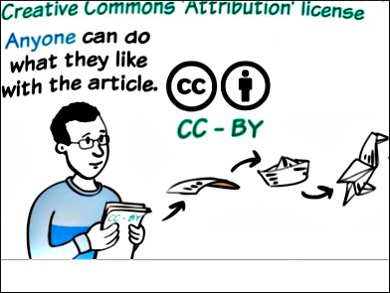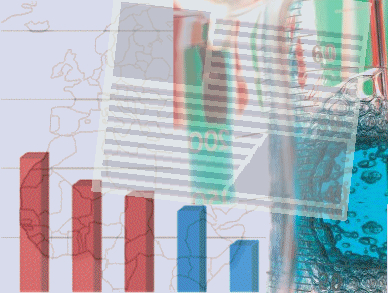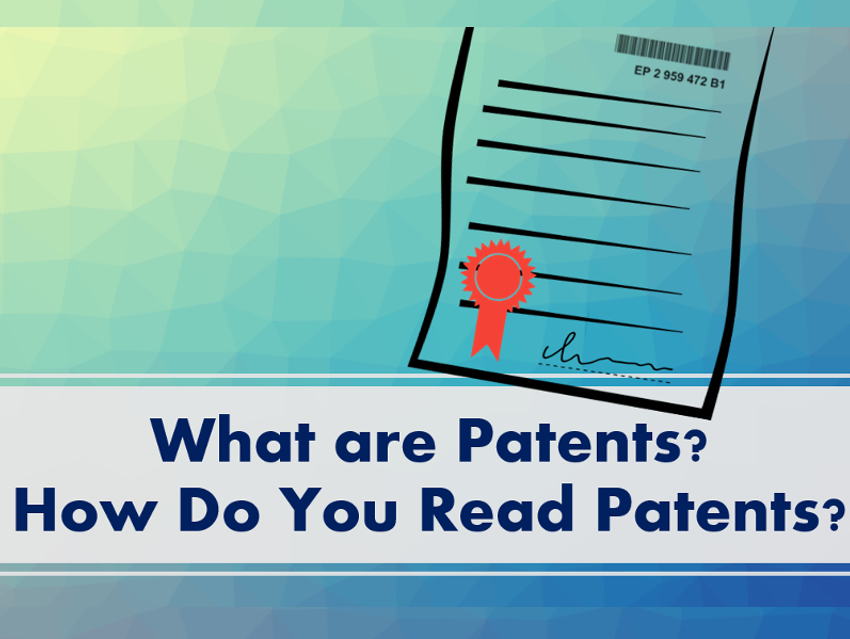Scientists from all disciplines have to write scientific papers to communicate their research and build or maintain their scientific reputation. Over the past years, we have published some very well received articles around successful publishing.
Writing |
|
 |
Richard Threlfall gives a step-by-step guide to composing a manuscript |
 |
John Jolliffe discusses effective research data management for chemists, the advantages of electronic lab notebooks, their impact on scientific progress, and the fears scientists may have |
 |
Discover ways to make your life easier: Check this collection of useful (AI) resources for chemists and other scientists that help with text editing, citations, image generation |
Language |
|
 |
Andrew Moore gives tips on successful science communication and how to attract reader attention. |
 |
Richard Threlfall gives a brief guide on how to improve the language of your article. |
Choosing a Journal |
|
.jpg) |
To figure this out, you can look at the author guidelines, browse past issues or ask your colleagues. Or use a journal finder such as the Wiley Journal Finder |
 |
A short guide on copyright and glossary of open access terminology, and some funding options |
 |
|
Peer Review |
|
 |
Richard Threlfall gives tips on how to handle comments from referees and Brian Johnson addresses issues faced by reviewers. |
Promoting Your Article & Tracking Its Impact |
|
 |
|
 |
You might also be interested in sites such as Google Scholar, academia.edu, ResearchGate, ORCID, ResearcherID, Kudos. |
 |
A unique identifier for researchers that helps accurately link their work to them, ensuring proper attribution and visibility of their research across platforms and over time
|
 |
For a fun read on article impact see this piece on a highly cited and widely used paper.
|
Publishing Process Explained |
|
 |
Clever Picture: From Manuscript to Article, |
Earlier posts include
- Tips to Make the Most Out of Conferences
- Tips for Your Career
- Student Career Resources
- AI and Chemistry
- and check out all Collections
Also of interest
- The Chemist’s English, Robert Schoenfeld, Wiley-VCH, Weinheim, 1989. ISBN: 978-3-527-28003-2.

Discussing science communication, AI in chemistry, publication ethics, and the purpose of life with an AI

Research results are published not only as scientific literature, but also in the form of patents. The video shows how to read and use them




